Persons With Disabilities (PWD)
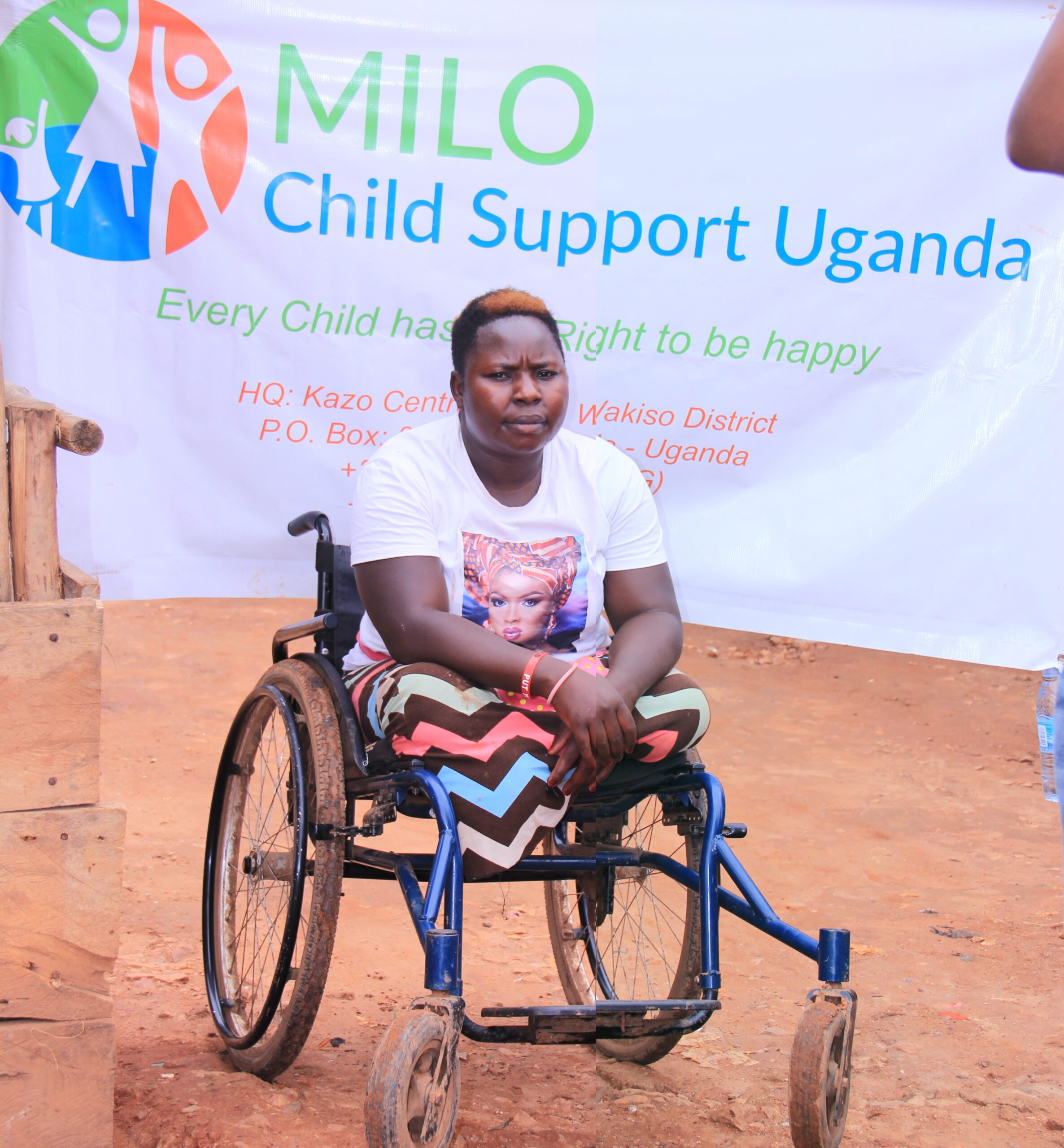
Join Us We Need Your Help
About 15% of the world’s population has a disability. In situations of forced displacement, the incidence of disability is usually higher because a larger proportion of people have injuries, lack access to medical services, and face barriers in their environment. These Individuals with physical disabilities, particularly who are unable to walk because of injuries, illness or born with crippled, we provide them with customized fit Wheelchairs or mobility aid, through Donors.
About 12.4% of the Ugandan population lives with some form of disability implying that approximately 4.5 million Ugandans are persons with disability hence a development concern where by disability is more prevalent amongst women than men and higher in rural areas than in urban areas.
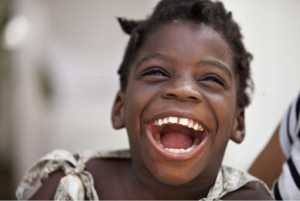
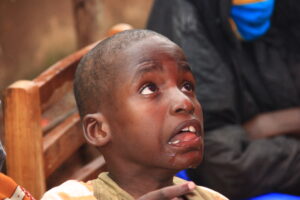
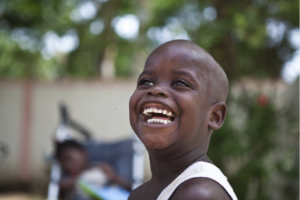
Persons with Disabilities are still among the most neglected groups in Uganda. The majority of these persons face enormous economic, political, and social barriers that have an adverse impact on their physical, economic, social and intellectual development and wellbeing. Many of them do not have access to basic needs such as health, education, experience multiple deprivations even within their family and are invisible in the national policy agenda.
Women with disabilities experience the combined disadvantages associated with gender and disability, such as sexual and gender-based violence, limited access to education opportunities, limited productive economic opportunities, lower incomes and poverty. Girls and young women with disabilities have limited knowledge about their sexual and reproductive health and rights, and limited access to services. Girls and young women with disabilities are not seen as needing information about their sexual and reproductive health and rights or capable of making their own decisions about their sexual and reproductive live.
These Individuals with physical disabilities, particularly who are unable to walk because of injuries, illness or born with crippled, we provide them with customized fit Wheelchairs or mobility aid, through Donors.
Additionally, MCSU supports equitable quality education and promotion of life-long learning opportunities for all focuses on eliminating gender disparities in education and ensuring equal access to all levels of education and vocational training for the vulnerable, including persons with disabilities.
Our aim is to promote sustained, inclusive and sustainable economic growth, full and productive employment and decent work for persons with disabilities, and equal pay for their work of equal value.
MILO is kindly requesting you to support these people physically in form of mobility aids which helps them to move and do some activities them selves.

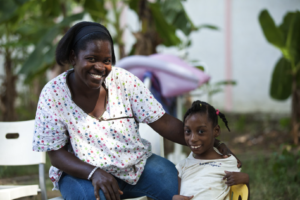
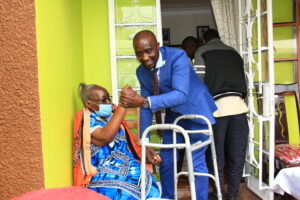
Your Donation and partnership is greatly appreciated and together we aim to see every individual with a disability receive the equipment that not only is essential to personal independence and fulfillment but is a basic, fundamental right of theirs.
